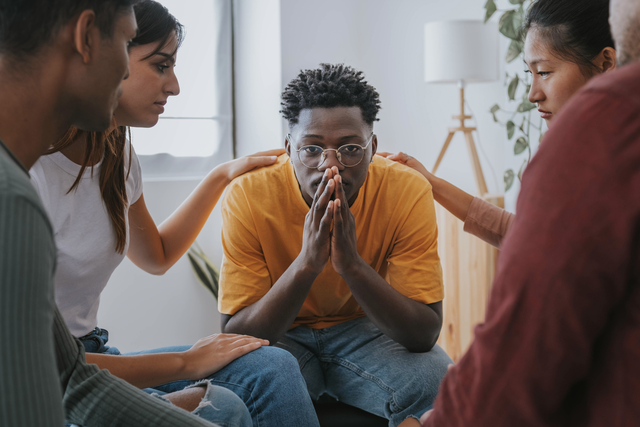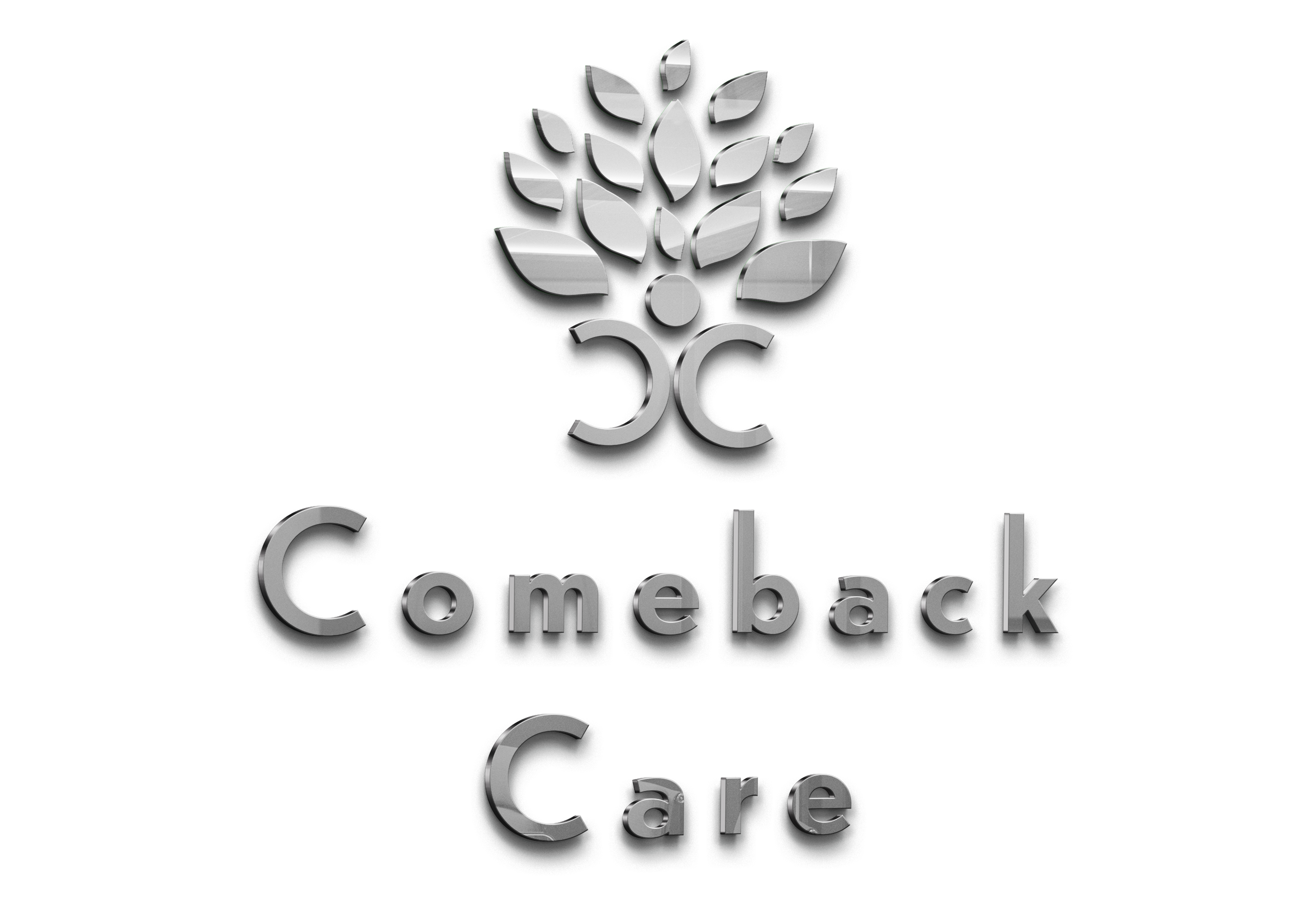Opioid Addiction
Comeback Care is committed to making a difference in Maryland’s opioid crisis. With the state seeing a surge in overdose deaths over the past decade, we know how important it is to provide support and care to those struggling with opioid addiction. Our team is here to help.
What is Opioid Addiction?
Opioid addiction is a serious public health concern that has affected millions of people worldwide. Opioids are a class of drugs that include prescription painkillers like oxycodone and fentanyl, as well as illegal drugs like heroin, according to the National Institute on Drug Abuse. These drugs are highly addictive and can cause physical and psychological dependence, making it incredibly difficult for individuals to break free from their addiction.
The symptoms of opioid addiction can vary depending on the individual and the severity of their addiction. Physical symptoms can include nausea, vomiting, constipation, drowsiness, and respiratory depression. Psychological symptoms can include euphoria, anxiety, depression, and irritability. Additionally, individuals struggling with opioid addiction may experience social and behavioral changes, including financial strain, loss of employment, and strained relationships.
If someone you know is exhibiting signs of opioid addiction, it’s vital to seek help. Comeback Care provides outpatient treatment programs that concentrate on counseling to assist individuals in overcoming their addiction. With proper guidance and resources, individuals can break free from opioid addiction and lead fulfilling lives.


What are the Risk Factors of OUD?
There are several risk factors associated with opioid addiction. Some of these include:
Chronic Pain:
Individuals who suffer from chronic pain are more likely to be prescribed opioids, which can increase their risk of developing an addiction.
Genetics:
There may be a genetic predisposition to addiction, which can increase an individual’s risk of developing an opioid addiction.
Mental Health Disorders:
Individuals with mental health disorders, such as depression or anxiety, may be more likely to develop an addiction to opioids.
Substance Use History:
Individuals with a history of substance use or addiction, including alcohol or other drugs, are at a higher risk of developing an opioid addiction.
Social and Environmental Factors:
Certain social and environmental factors, such as stress, trauma, poverty, and unemployment, can increase an individual’s risk of developing an addiction to opioids.
Age and Gender:
Young adults and men are more likely to develop an addiction to opioids than older adults and women.
It’s important to note that these risk factors do not necessarily mean that an individual will develop an opioid addiction, but rather that they may be at an increased risk. It’s also essential to seek help as soon as possible if an individual is struggling with opioid addiction.
Treating Opioid Addiction
Outpatient treatment is a practical and flexible choice, allowing individuals to continue balancing their daily obligations while getting the support they need. Our Partial Hospitalization Program (PHP), Intensive Outpatient Program (IOP), and Outpatient Program (OP) involve attending individual and group therapy sessions either a couple of times a week or several times a week. Through these sessions, we place emphasis on developing effective coping strategies and addressing underlying addiction-related issues.
All programs include access to:
Individual Therapy: Individual counseling is a form of therapy that is conducted on a one-on-one basis between a counselor and a client. In individual therapy, the counselor helps the client to identify the underlying causes of their addiction and to develop coping mechanisms to overcome cravings and triggers. Through regular sessions, the counselor can monitor progress and adjust treatment plans as needed.
Family Therapy: Family counseling is a type of therapy that involves family members of an individual with a substance use disorder meeting together with a counselor. It can be highly beneficial for all family members, as addiction often affects the entire family unit. Family counseling can help to improve communication, rebuild trust, and promote understanding among family members. It can also provide education on addiction and relapse prevention, and help family members to develop effective coping mechanisms for dealing with the stresses of addiction.
At Comeback Care, our goal is to assist you in tackling the underlying cause of your addiction through our treatment services Our ultimate goal is to support you in achieving your own unique comeback story.

